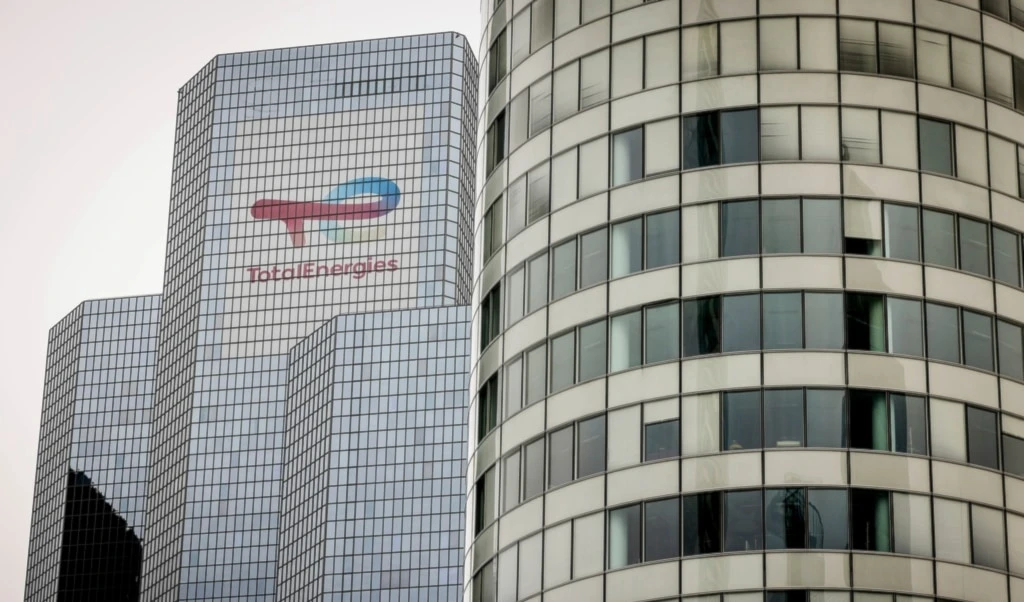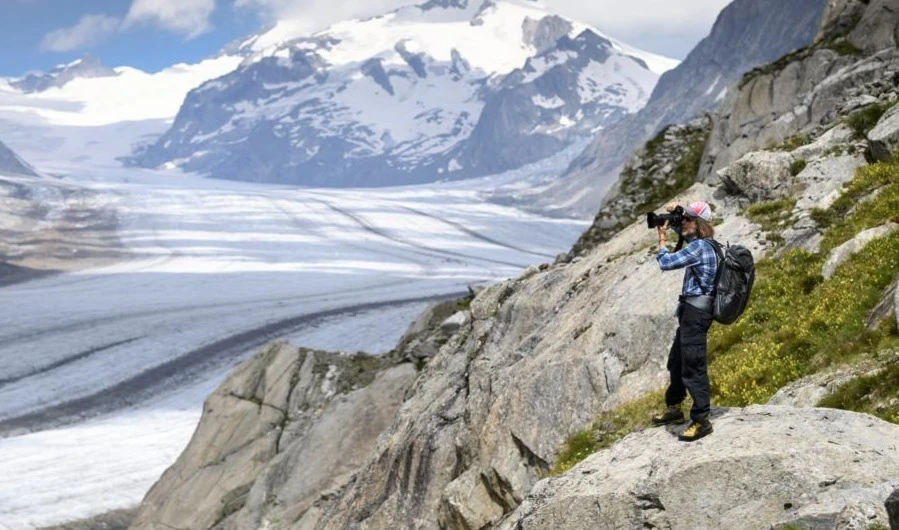European Commission faces trouble passing 'Green Deal' bills
The meeting comes as the deadline to complete the works are due before the European Parliament elections occur in 2024.
-

European Commission President Ursula von der Leyen presents a "communication" detailing the EU's "Green Deal Industrial Plan" in Brussels, Belgium on February 1, 2023 (Reuters)
As the EU struggles to tackle Europe's climate change crisis, enforcing biodiversity laws which are due to be finalized before the European Parliament elections next year seems to be out on a limb.
While discussions among the European Commission, EU member states, and the European Parliament continue, Scandinavian countries have expressed concern regarding their forestry sector, while others remain worried about the effect on farmers, or how to merge the bills with EU policies on agriculture and energy.
At a meeting of EU environment ministers in Sweden on Tuesday, EU environment commissioner Virginijus Sinkevicius stated that they "have a very busy time again", stressing that "time is really limited".
Read next: EU climate spokesperson suggests using coal in next few winters
The meeting comes as the deadline to complete the works is due before the European Parliament elections occur in 2024 and when a new European Commission will need to be established.
This concerns a package of texts by the EU to revive and amend degraded or polluted biosystems including those on land and in the sea, alongside diminishing pesticide use in crops, improving animal welfare, and limiting emissions by livestock producers. Amendments to packaging services, air quality, and wastewater are also included.
'Not looking very good'
Polish junior climate minister, Adam Guibourge-Czetwertynski, stressed the need "to make this proposition realistic in practice" considering the multiple concerns in the EU regarding a suggested "nature restoration" law.
On the other hand, the "extremely challenging" timeframe was emphasized by Austrian environment minister Leonore Gewessler, as she called on providing sufficient space for negotiations to achieve "a coherent policy mix".
Read more: G7 vows to quit fossil fuel faster, end new plastic pollution by 2040
Back in March, a left-oriented Spanish MEP, Cesar Luena, told the parliament discussing the nature restoration text that "things are not looking very good" while chair of the European parliament's environment committee, Pascal Canfin, claimed there was progress developing the energy, industry, and transport aspects of the texts but said there was none regarding agriculture and fishing.
Significant matters such as genetically modified crops and soil protection are not even included in the current propositions but will be presented in June, and a text on the application of chemical substances was pushed back to late 2023.
The parliament plans to adopt laws on improving the carbon trading market and introducing a carbon border tax on imports, which are meant to cut greenhouse gas emissions as part of the plan for a net carbon-neutral future - in the bloc that is collectively the third-biggest global emitter of carbon dioxide.
The biggest nation emitting CO2 is China, which has vowed to reduce emissions to net zero by 2060, followed by the US which has a long-term plan of reaching net zero by 2050.
Since the US revealed a $370 billion "buy American" subsidy package for tax credits and renewable energy subsidies known as the Inflation Reduction Act (IRA) last year, the manufacturing of green technologies became more necessary.

 3 Min Read
3 Min Read











